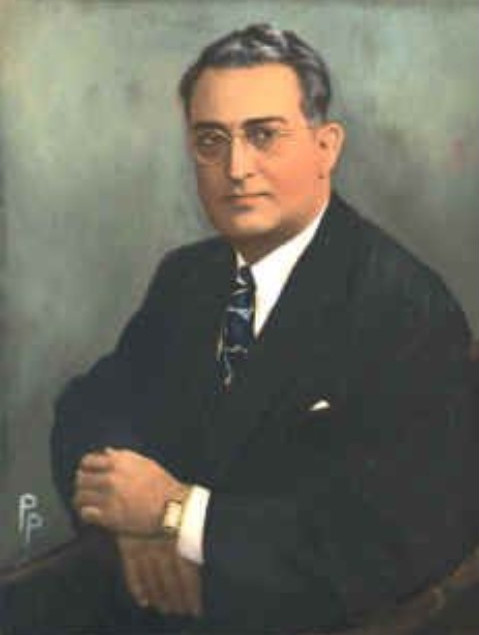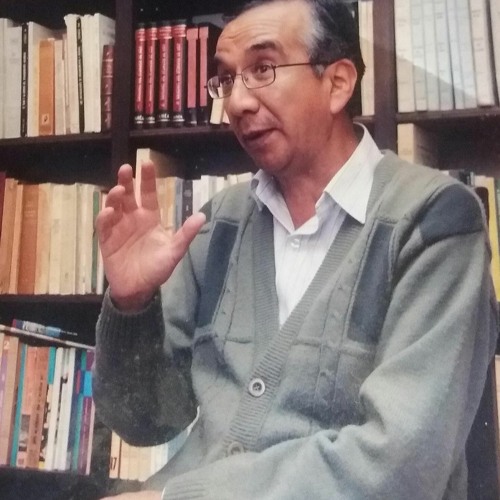Víctor Emilio Estrada Sciacaluga (Guayaquil, Ecuador, May 22, 1891 – Guayaquil, Ecuador, February 21, 1954) was a prominent Ecuadorian banker, economist, military strategist, author, and politician. The son of former Ecuadorian President Emilio Estrada Carmona, Estrada played significant roles in shaping Ecuador’s financial system, notably as General Manager of La Previsora and a key advocate for the establishment of the Banco Central del Ecuador. He briefly served as Minister of Finance, proposing the ambitious yet controversial “Plan Estrada,” and held various public service roles, including President of the Cantonal Council of Guayaquil. Estrada also made notable literary contributions, publishing influential works on economic policy and military strategy, cementing his legacy as a transformative figure in Ecuador’s history.
Continue reading “Víctor Emilio Estrada”Month: December 2024
Edgar Freire Rubio
Edgar Freire Rubio (Quito, June 3, 1947) is an Ecuadorian writer, historian, anthologist, and renowned bookseller. Born in the historic San Roque neighborhood, Freire dedicated over four decades to promoting Ecuadorian literature and preserving the cultural memory of Quito through his work as a bookseller and writer. His publications, including the multi-volume Quito: Tradiciones, Leyendas y Nostalgia and El derecho y el revés de la memoria, combine meticulous historical research with a passion for storytelling. A self-taught scholar and advocate for the literary arts, Freire has been celebrated as “the bookseller of the city” and is regarded as a vital figure in the preservation of Ecuador’s cultural heritage.
Continue reading “Edgar Freire Rubio”Diego Falconí Trávez
Diego Falconí Trávez (Quito, 1979) is an Ecuadorian lawyer, scholar, and writer specializing in human rights, literary theory, and comparative literature. He is an associate professor at the Universitat Autònoma de Barcelona and a researcher at the Universidad San Francisco de Quito, where he also directs the legal journal Iuris Dictio. His research explores gender studies, queer theory, Andean literature, and the intersections of law and literature. Falconí is best known for his book De las cenizas al texto: Literaturas andinas de las disidencias sexuales en el siglo XX, which won the prestigious Casa de las Américas Prize in 2016, and for his advocacy for decolonial and dissident identities in cultural and academic discourse.
Continue reading “Diego Falconí Trávez”


